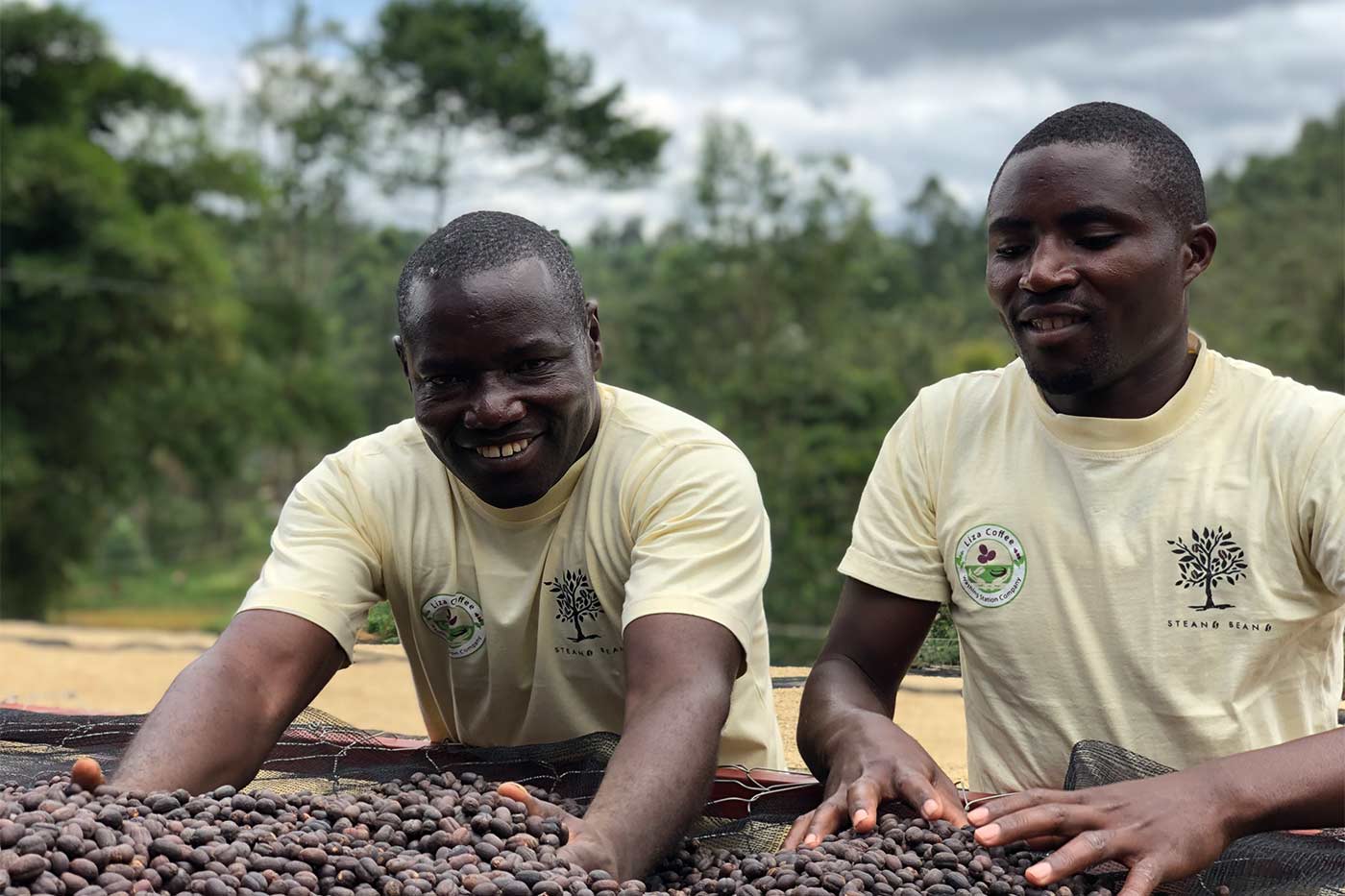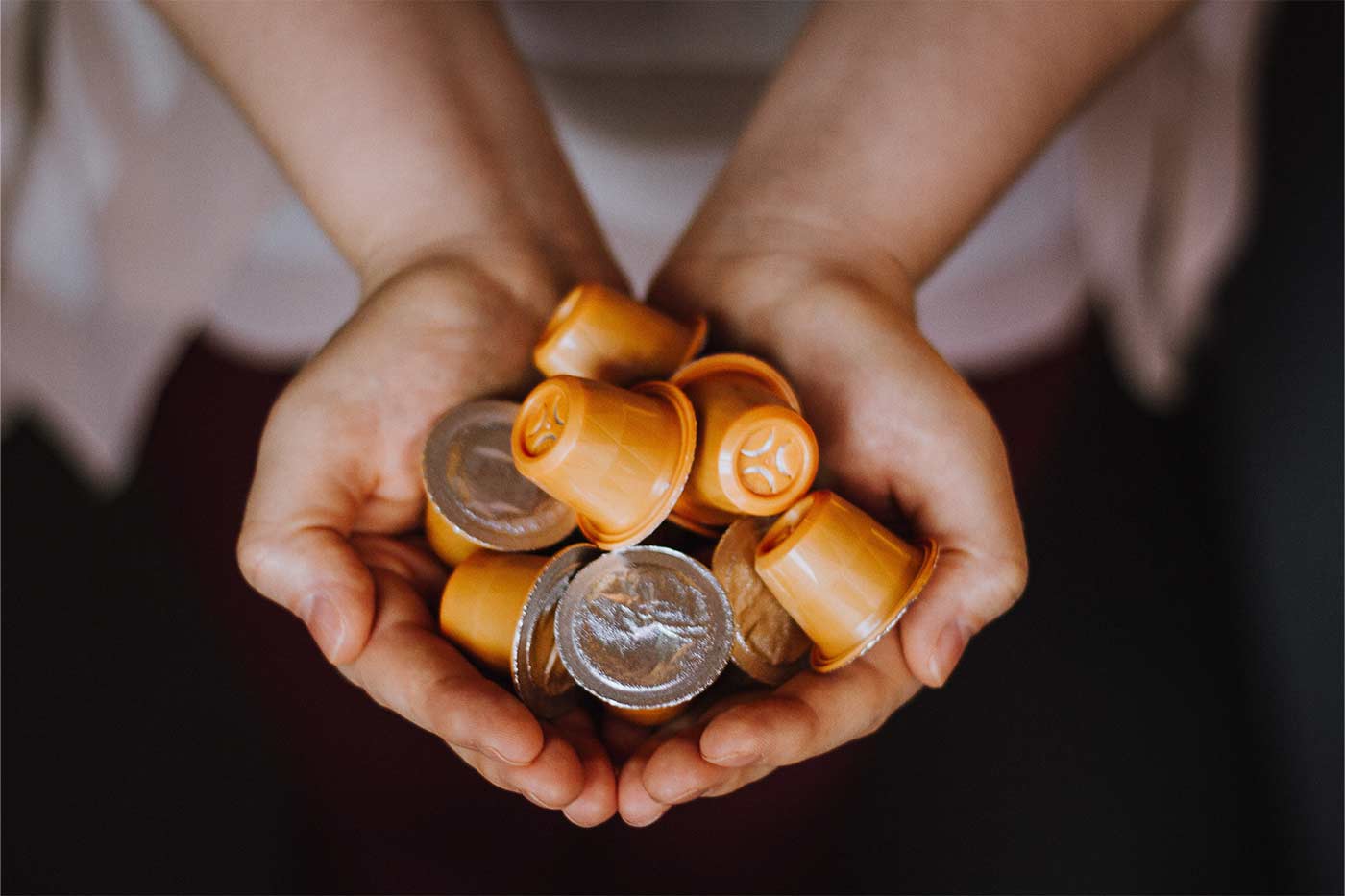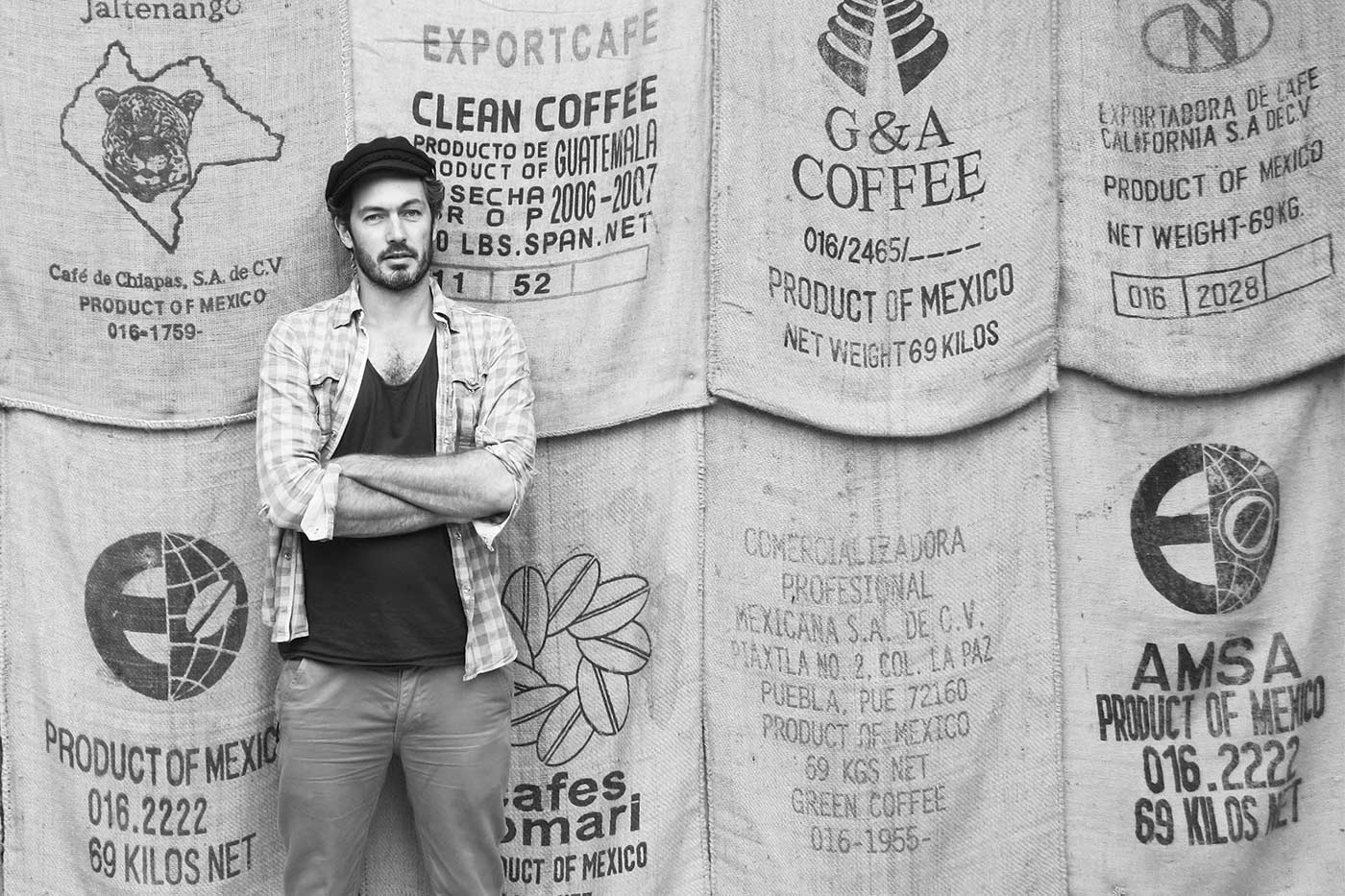A number of British coffee roasteries now proudly brandish B Corp status, while others are in the middle of their own B Corp journey, but what does it all mean for coffee lovers? We did some digging into B Corp coffee roasteries
What is a B Corp?
‘Business as a force for good’ is the B Corp mantra. Its logo – a capital B surrounded by a circle – certifies that the business sporting it is a B Corporation (B Corp) which has achieved high standards of social and environmental performance, transparency and accountability. It’s essentially a big gold star for companies doing good things in the areas of governance, employment, community and environment.
B Corps are popping up across the world (there are currently around 4,000 in 77 countries), and the coffee industry has become one of the strongest links in the growing B Corp chain.
Top-rated roasteries such as Dark Woods Coffee in Huddersfield, Glen Lyon in Perthshire, Coaltown Coffee Roasters in Carmarthenshire, Origin Coffee in Cornwall and Dear Green Coffee Roasters in Glasgow all hold the accreditation. And with lots of audits currently underway, we can expect to see the B Corp logo appearing on more coffee bags in the near future.
So what do coffee roasteries that have embraced B Corp have to say about it?
Bit of a grind
Sarah Walker, sustainability officer at Origin Coffee says: ‘We achieved B Corp certification in 2020 and will recertify next year. It’s quite a commitment, but the lockdowns gave us the opportunity to spend time on it. It took about six months of work before we had the official audit.

‘It’s not a straightforward process as you have to get really granular with the business and have an overview of all the operations to answer the questions properly, but for Origin it was worthwhile. For us, it aligned with some of the work already going on in the organisation, such as our industry-leading parenting policy that includes maternity, paternity, IVF and adoption leave. However, we also had to start writing policies for areas we weren’t already engaged in, such as improving stakeholder engagement.’
Origin has long been committed to trading directly with farmers in the coffee-growing belt to build personal relationships and ensure quality and best practice. This involves regularly visiting farmers at source and paying them fair prices for their beans. Sarah says: ‘As a third party, B Corp helped us evidence this process – so we’re not marking our own homework. That’s important in speciality coffee because you don’t want to close doors to a partnership with a farmer just because they haven’t paid to get organic certification but may be operating in that way regardless.’
Worth a shot
Like perfecting an impeccable rosetta-adorned flat white, achieving the B Corp badge takes time, patience and persistence, which is something Dear Green founder Lisa Lawson can attest to.
‛I started the process in the summer of 2019 and we were certified in December 2020,’ she says.
‛I first came across B Corp in January 2019 after reading its book [The B Corp Handbook] cover-to-cover on a long-haul flight to Colombia and thought “Wow this is amazing! We could do it”.
‛When we got the certification I was in tears of joy. We were so happy to have achieved it after such a challenging year. We were the first coffee roastery in Scotland and the third or fourth in the UK to receive the certification.’

Lisa wanted the stamp of approval as a means of confirming and communicating the sustainable and socially responsible ways in which the roastery was already working.
‛We’ve always had a strong ethical component to our business which involved asking importers plenty of questions. I’ve gone to origin a lot of times because I wanted to see with my own eyes where our coffee comes from. I find the certification helps me feel more comfortable and assured about what we do. We can buy coffee that is certified organic or we could become certified Fairtrade but that doesn’t necessarily mean there is full transparency along the supply chain. The B Corp framework gives us that extra accountability.
‛B Corp certification gives us something which publicly says we care about social and environmental issues and that we’re not just putting profit first. It’s evidence that we have integrity.’
In a similar way to Origin Coffee, having the certification helped Dear Green evidence their existing good working practices.

‛We found that we do a lot of the work already, we just needed to document and measure the processes. For instance, we give a lot of money to charity but we never actually kept a record of it. You can’t claim you’ve improved welfare or reduced carbon if it’s never been monitored,’ says Lisa.
‛It’s also given me more confidence if a customer asks me about the supply chain as we now have supplier codes of conduct. The process was a huge learning curve and an eye-opener with regard to how can we improve within the B Corp framework. We’ll absolutely reapply for certification.’
B Corp backlash
Indy Coffee Guide readers are already buying ethical speciality coffee as all of the cafes and roasteries featured in the guides only brew and/or roast speciality grade beans, which will have been sourced from ethical farms with farmers paid a fair price for their beans. There is a natural alignment between this kind of coffee and the ethical B Corp model, which is why so many of our roastery partners have embraced B Corp affiliation. However, the cosy speciality scene was rocked when a commodity-coffee conglomerate known for its single-use capsules received B Corp certification in 2022.
‛Nespresso received a lot of backlash from the speciality coffee industry when it was certified as a B Corp because it creates so much waste,’ says Lisa.
The USA’s Fairtrade World Project published a widely shared article in which it damned the certification of the Nestlé subsidiary as a result of this waste (the majority of capsules are reported to end up in landfill rather than recycling centres). It also raised past investigations into human rights violations within Nespresso’s supply chains.

The backlash saw prominent US-based B Corp coffee companies sign an open letter addressing concerns. Red flags were raised closer to home too: in a blog, Scottish roastery Glen Lyon questioned the move and its implications. On raising these concerns with B Corp on Twitter it received this response: ‛Becoming a B Corp means Nespresso now has both a verified framework and an influential community holding them accountable to continue to improve their social and environmental performance and be transparent about progress.’
Does this lessen the sense of accomplishment for those smaller roasteries that have worked hard to gain the accreditation?
Fiona Grant of Glen Lyon said: ‛We’re still proud to call ourselves a certified B Corp company, proud of the steps we’ve taken reach this point and of the internal processes we’ve put in place because of the certification. But we believe that being a member of this community also means speaking out, holding ourselves and others to account. We look forward to seeing how Nespresso’s B Corp certification will be followed up by real change as we all work towards the goal of zero waste in our industry.’
There are rumours that the process of achieving B Corp status is getting tougher, leading Lisa of Dear Green to question whether Nespresso would even be able to secure recertification in three years’ time.
‛I believe it took them a long time to achieve certification due to the size of their operation and as a result of their audit process being more thorough. I expect the accreditation will be a more difficult process going forward – which is important in order to continue to challenge us all to do business better,’ she says.
However, Sarah of Origin Coffee recognises the potential benefits of large coffee companies being certified. She says: ‛We’re seeing more people come onboard; even the big players in coffee are starting to get involved, which is a contentious issue. But it’s one that, from B Corp’s perspective, is a positive one. If you don’t engage everyone, how are you going to ensure change?’


